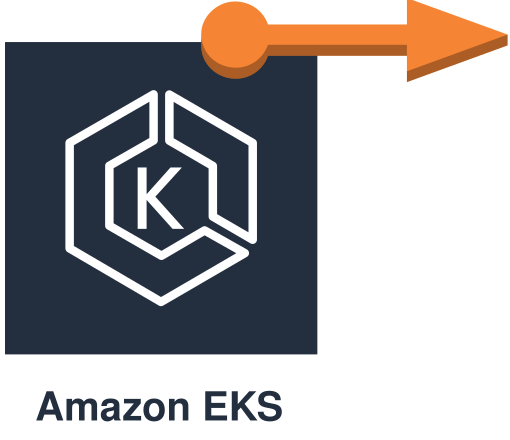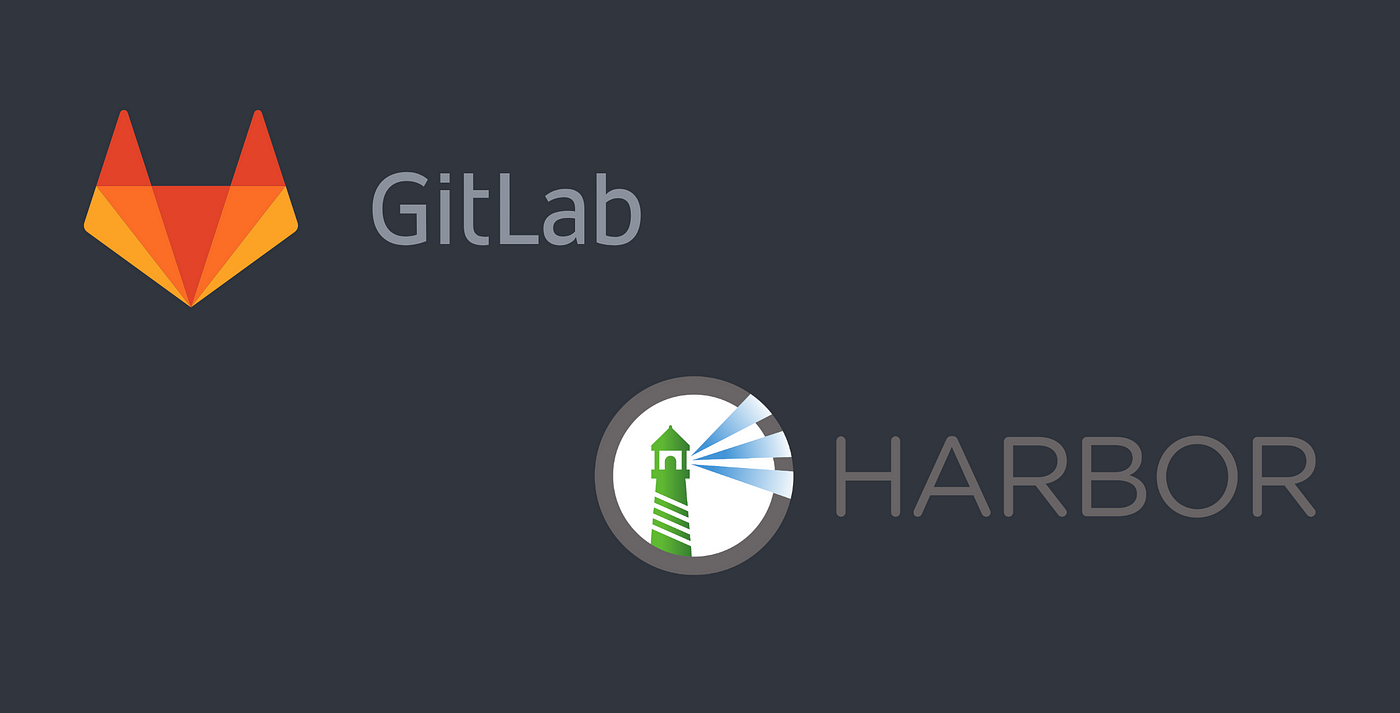Find out how Andrei at WEDOS built a 600 nodes strong storage environment using DRBD & LINSTOR for Kubernetes, OpenNebula and Proxmox.

Thanks for the benchmarks Alexis!
Most plugins have non-optimized defaults that work in most common situations, regardless of network topology, OS and kernel version.
I have an experience of tuning some of them, and I would like to share it with you, just briefly:

Some time after writing the first article, where I cleverly use jsonnet and gitlab, I realized that pipelines are certainly good, but unnecessarily difficult and inconvenient.
In most cases, a typical task is need: “to generate YAML and put it in Kubernetes”. Actually, this is what the Argo CD does really well.
Argo CD allows you to connect a Git repository and sync its state to Kubernetes. By default several types of applications are supported: Kustomize, Helm charts, Ksonnet, raw Jsonnet or simple directories with YAML/JSON manifests.
Most users will be happy for having just this tool set, but not everyone. In order to satisfy the needs of anyone, Argo CD has the ability to use custom tooling.
First of all, I was interested in the opportunity to add support for qbec and git-crypt, which were fully discussed in the previous article.

Hi, I also faced with an interesting task to run STUN server in Kubernetes.
STUN Server requires passtrough whole 1024-65535 udp port range, however Kubernetes has no support for specifying port ranges in services. The solution would seem simple to run pod with hostNetwork: true and assign it to separate EC2 instance with Elastic IP.
The problem is that EKS does not allow you to create separate instances, but instead directs you to use Auto Scaling Groups. Thus you have no opportunity to assign Elastic IP to specific EKS worker statically, but you can do that dynamically

Hi, recently I faced across an interesting task to setup a storage server for backup of a large number of block devices.
Every week we back up all virtual machines in our cloud, so there is a need to be able handle thousands of backups and do it as fast and efficiently as possible.
Unfortunately, the standard RAID5, RAID6 levels are not suitable due the fact that recovery process on such large disks as ours will be painfully long and most likely never finished successfully.
Let’s consider what alternatives are:
Erasure Coding — An analogue to RAID5, RAID6, but with a configurable parity level. Also the fault tolerance is performed not for whole block devices, but for each object separately. The easiest way to try Erasure Coding is to deploy minio.
DRAID — is currently alpha feature of ZFS. Unlike RAIDZ, DRAID has a distributed parity block and uses all the disks in the array during recovery, this makes it better surviving for disk failures and provides faster recovery than standard RAID levels.

Not so far ago, I was faced with a quite unusual task of configuring routing for MetalLB. All would be nothing, since MetalLB usually does not require any additional configuration from user side, but in our case there is a fairly large cluster with a quite simple network configuration.
In this article I will show you how to configure source-based and policy-based routing for the external network on your cluster.
I will not dwell on installing and configuring MetalLB in detail, as I assume you already have some experience. Let’s understand the essence and configure the routing. So we have four cases:

Gitlab CI have a nice feature to generate docker-registry tokens per each job, but this feature is working only for it’s own docker registry and does not working with an external ones, eg. Harbor, Nexus, Quay and etc.
There is an opportunity to set-up external docker registry for Gitlab, it is well described in the documentation Use an external container registry with GitLab as an auth endpoint.
Proposed to configure brand new docker-registry with token based authentication. Harbor also uses docker-registry in backend, so that we could configure it, but problem is that both Gitlab and Harbor require to set their own parameters which are actually conflicts.
